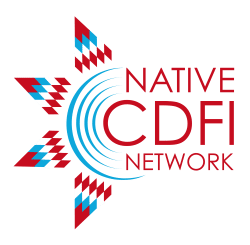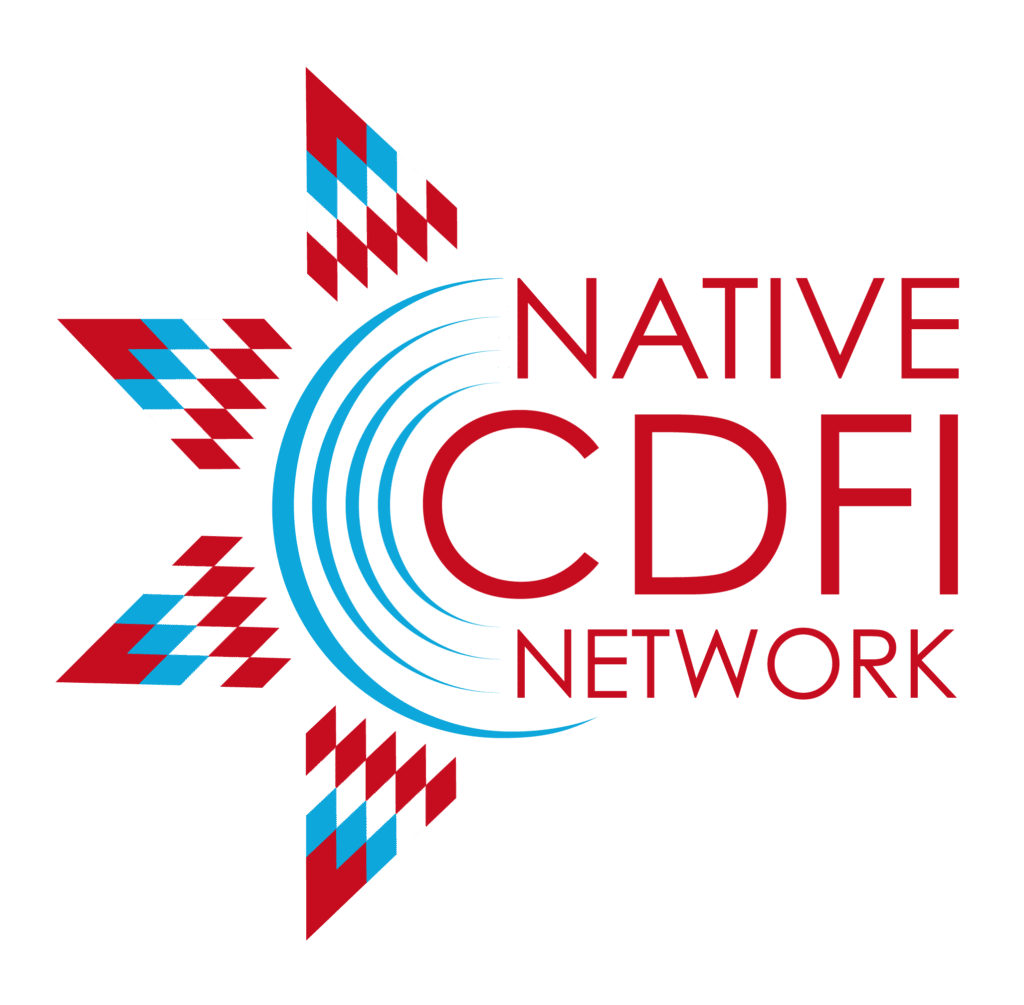Pete Upton, CEO of the Native CDFI Network (NCN), participated in a Financial Literacy Roundtable hosted by the U.S. Department of the Treasury on April 30, 2025, in the historic Cash Room at the Treasury Building. The event convened 14 national leaders from across the public, private, and nonprofit sectors to discuss strategies for expanding financial literacy and economic opportunity in underserved communities. Secretary of the Treasury Scott Bessent delivered powerful closing remarks, sharing his personal story of growing up in South Carolina and witnessing his family’s journey from riches to rags—a lived experience that made financial literacy a deeply personal issue for him. Bessent emphasized the importance of ensuring that rural and Native communities are included in national efforts to build economic resilience and access to capital.
The roundtable featured opening remarks by Alexandria Smith, Deputy Assistant Secretary for Community and Economic Development; special remarks by Deputy Secretary of the Treasury Michael Faulkender and U.S. Representative Young Kim (CA), Co-Chair of the House Financial Literacy and Wealth Caucus; and was moderated by Rodney Hood, Acting Comptroller of the Currency.
During the discussion, Upton emphasized that Native Community Development Financial Institutions (CDFIs) are not only aligned with the Administration’s goals of increasing access to capital, supporting rural economic development, and advancing financial inclusion—but are essential partners in achieving those outcomes.
Upton focused his remarks on the urgent need to address persistent disparities in Native communities, stating:
“Yet, significant gaps remain. In 2023, 46.4% of majority American Indian and Alaska Native (AI/AN) census tracts were banking deserts—over 12 times the national rate. And 12.2% of AI/AN households are unbanked, compared to the national average of 4.2%. The lack of accessible financial services forces many to rely on predatory lenders, trapping families in cycles of debt and poverty.”
He highlighted that over the past two decades, Native CDFIs have taken bold steps into high-risk markets—building trust, financial assets, and long-term economic opportunity.
“Native CDFIs have changed this reality by offering small business loans, homeownership financing, credit-building tools, and clean energy lending—often tailoring their products to meet the unique needs of tribal communities,” Upton said. “We are doing the hard, long-term work of building financial infrastructure where none existed before.”
Upton also took this opportunity to stress to Treasury officials and roundtable participants that Native CDFIs are often the only source of capital in many Native communities—providing the foundation for small business development, homeownership, and access to basic financial services.
Upton expressed appreciation for key partners advancing these efforts, giving a special acknowledgment to Wells Fargo and Tim Rios for their long-standing support of rural and Native communities through philanthropic investments. He also recognized Dave Tovey, CEO of Nixyaawii Community Financial Services, for the organization’s leadership in creating a culturally tailored financial education app designed specifically for tribal communities.
Upton further thanked the U.S. Department of the Treasury and the Office of the Comptroller of the Currency (OCC)for repeatedly recognizing Native communities as a focal point of federal financial inclusion strategies. In response, Acting Comptroller Rodney Hood affirmed that the inclusion of Native CDFIs at the table was “very intentional,”reflecting the OCC’s commitment to uplifting Native CDFI’s and Native Communities.

